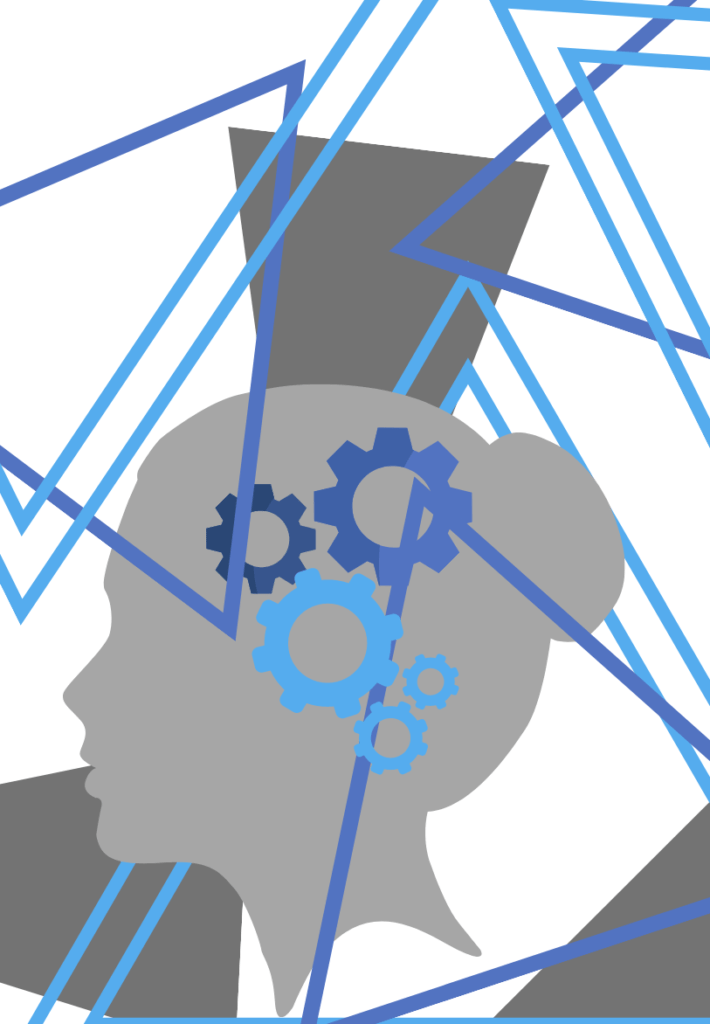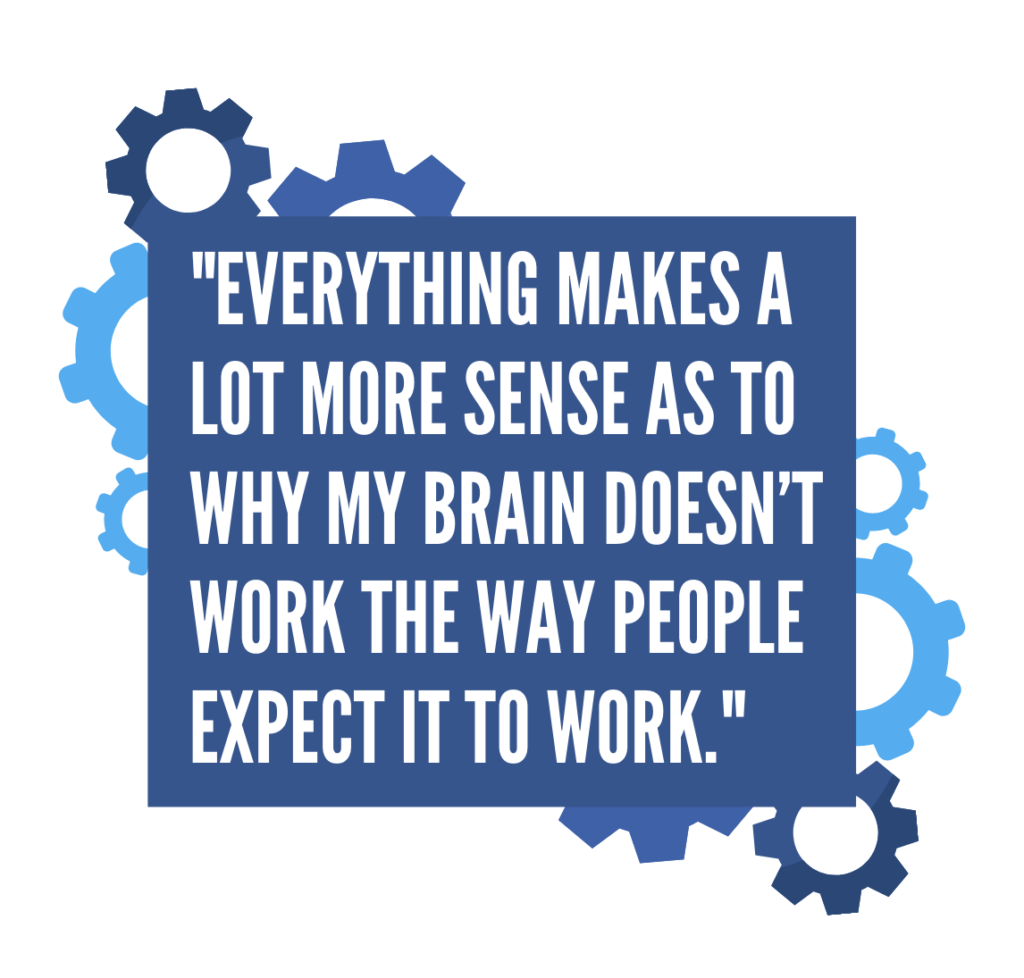See also: Tips to optimize online learning

Roommates, video games, social media, the news — all distractions students may face as they adjust to online learning during COVID-19. For some students with learning disabilities like ADHD, attention deficit hyperactivity disorder, online learning can be either beneficial or detrimental.
Ryan Kellems, BYU associate professor of counseling psychology and special education, shared some of the pros and cons of learning online for students with ADHD. He said online learning offers students more control over their environment. A controlled learning environment can eliminate the distraction of students watching Netflix or eating crunchy, smelly food during an in-person lecture.
Kellems said another advantage to learning at home is the ability some students have to access lecture materials anytime during the semester or term.
“(It) allows them to watch the lecture once if the teacher is teaching over Zoom and then they can go back and re-watch that video either all at once or in chunks,” Kellems said. “Some students with ADHD learn better in smaller chunks.”
Having the opportunity to access class materials at any time can also allow students to study at any time of the day.
“That means that if you have someone who learns better later in the evening, or even in the middle of the night, they can go ahead and do that,” Kellems said. “Whereas in a traditional class, that’s not possible.”

However, there are also disadvantages to learning online. According to Kellems, traditional lectures on Zoom can be hard to follow. This may lead to students with ADHD quickly losing interest and becoming “unengaged.” Additionally, loss of contact with peers can make it more difficult for students to reach out to others for help regarding topics they may have missed during class.
Because of the online and self-led format of some classes, it may also be easy for some students to fall behind in their classwork.
“It’s just like we’re seeing with a lot of the public schools with a lot of kids with disabilities who have just disappeared,” Kellems said. “They don’t know where they are when they’re not in school.”
Nathan Johnston is a student who appreciates the freedom of online learning. As a BYU-I Pathway student studying applied science, he enjoys the full access to class content.
“What’s nice with online is that all the content is right there,” Johnston said. “You can go back and look at stuff from the previous weeks, whereas in in-person classes, that’s not always the case.”
Although he currently enjoys online classes, that was not always the case. Before transferring to BYU-I’s Pathway program, Johnston was a student at BYU in Provo. He didn’t realize he struggled with ADHD until partway through his second semester on campus. Johnston’s poor performance in school was what encouraged him to turn to BYU’s Counseling and Psychological Services and then to a psychiatrist.

“Oh, I have ADHD. Oh, that’s fun,” Johnston remembered thinking. “Everything makes a lot more sense as to why my brain doesn’t work the way people expect it to work.”
However, Johnston warns students to not automatically diagnose themselves with ADHD if they’re struggling in school.
“It might not always be a mental thing,” Johnston said. He continued to explain how some conditions may be impacting a student’s academic performance. It could be due to anything from a poor diet to an inconsistent sleep schedule.
Students at BYU shared some of the strategies they use to improve online schooling performance in the video below:
Clay Frandsen, licensed psychologist and director of the BYU University Accessibility Center, said that although community testing for ADHD is possible, it’s more expensive. Frandsen said “learning disorder testing takes 5-6 months through the UAC. ADHD testing would likely take less than a month.”
The University Accessibility Center assists students with ADHD and offers resources and accommodations to students with a variety of disabilities.
“We have a variety of accommodations that are adapted to the online environment,” Frandsen said.
Students who are looking for additional resources, accommodations or testing for ADHD can call the University Accessibility Center at 801-422-2767.




